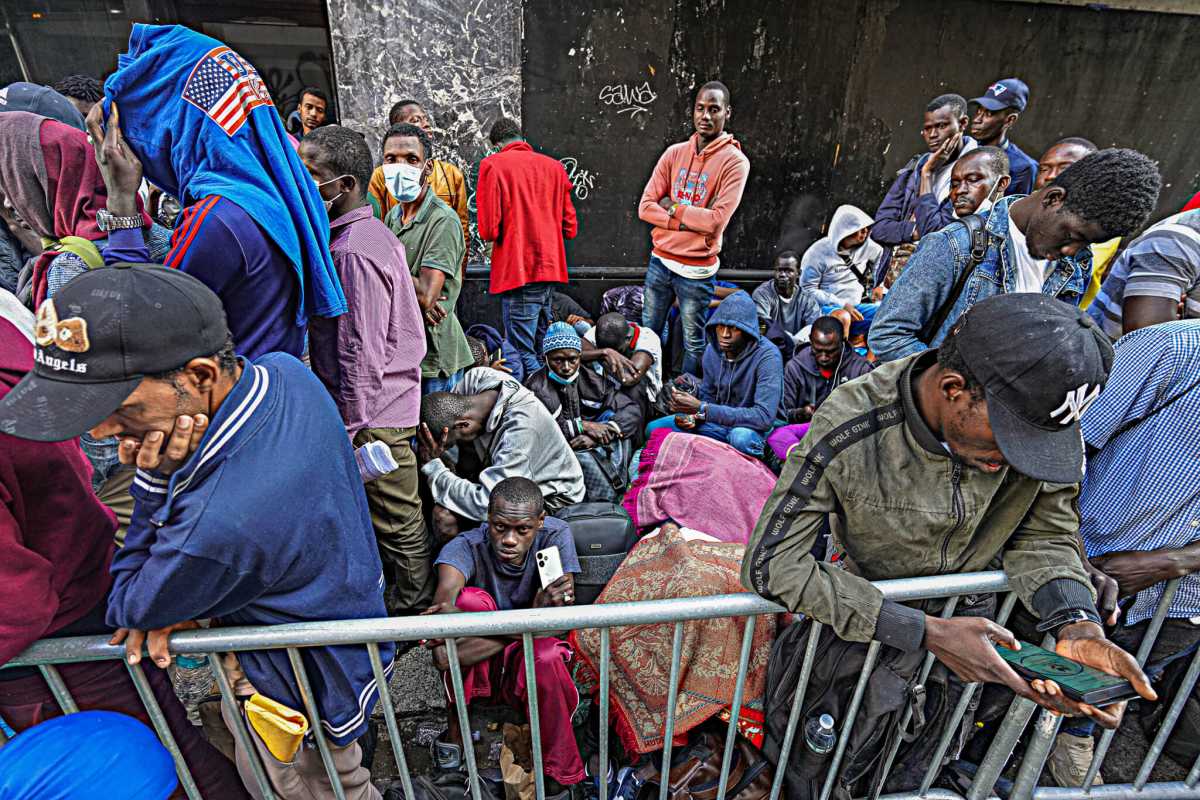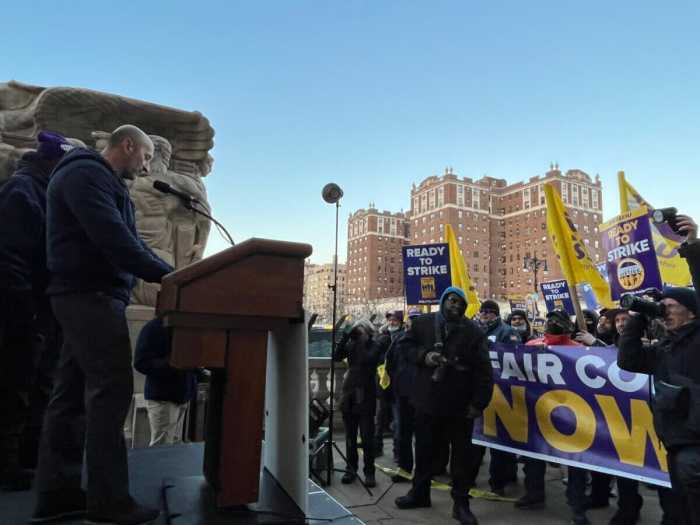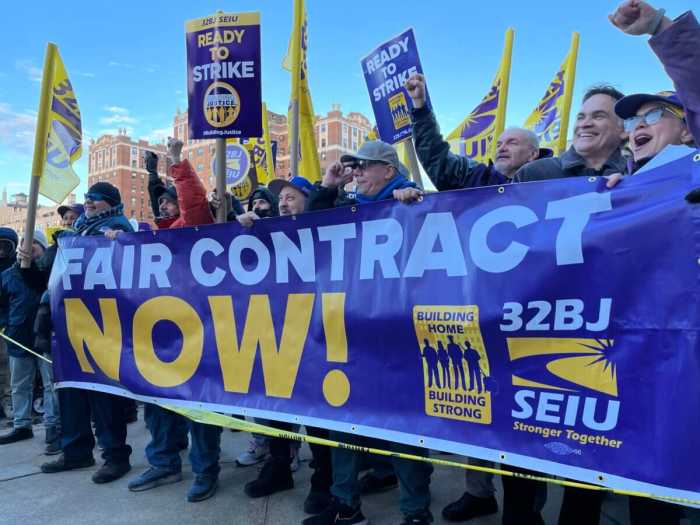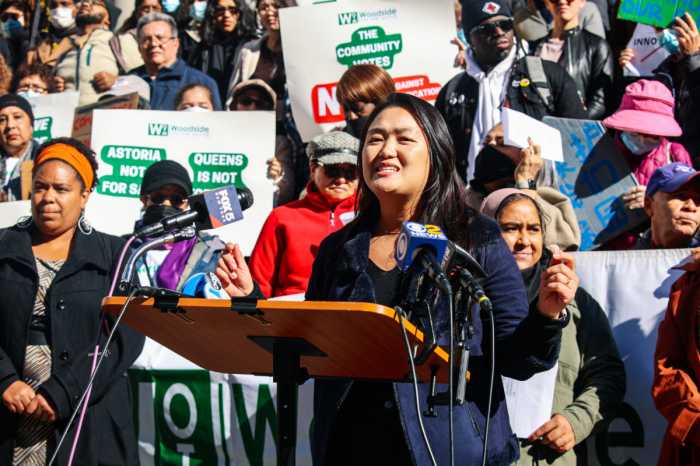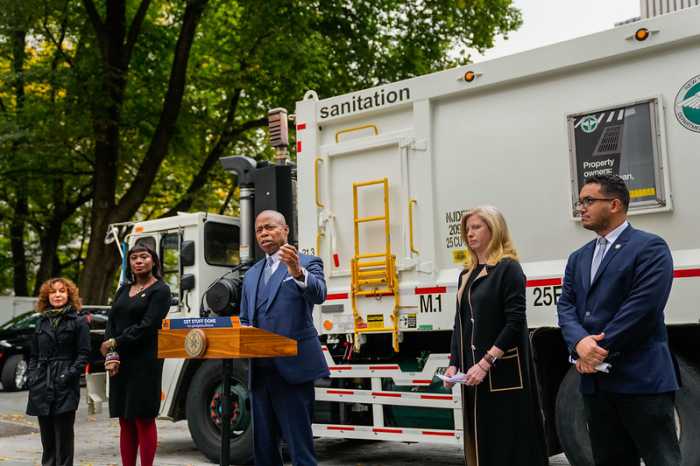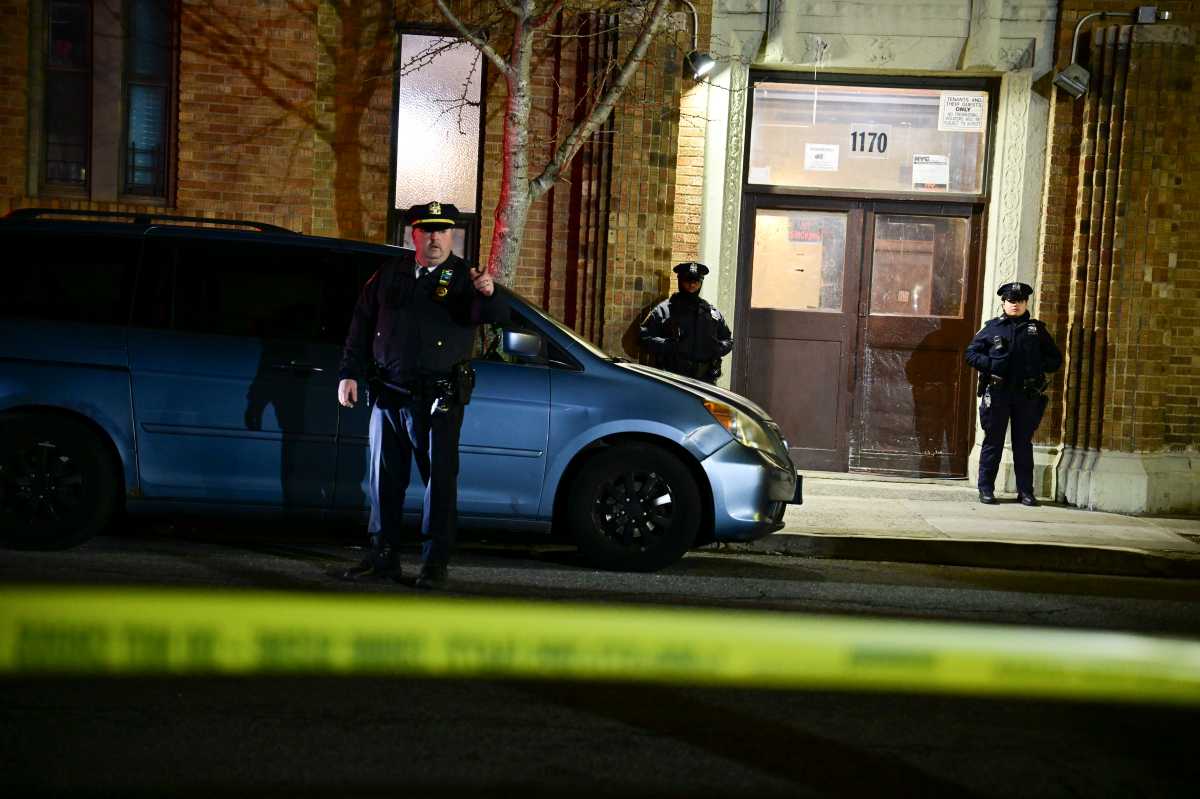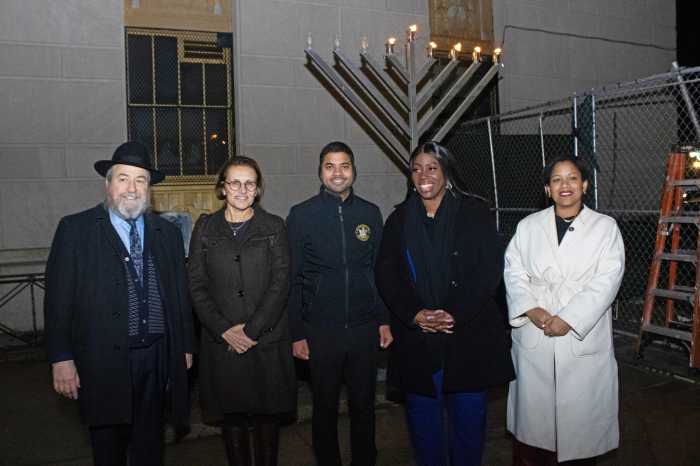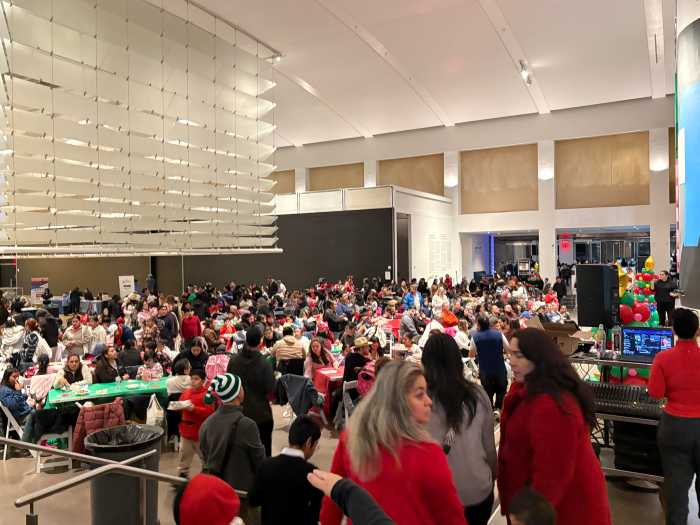A coalition of 20 groups penned a letter to the White House on Monday pleading with President Biden’s administration to redesignate Temporary Protected Status for several countries, a move they say would allow newly arrived migrants in New York City to legally work.
The missive was written by labor unions including 32BJ SEIU and 1199SEIU, immigrant advocacy groups like the New York Immigration Coalition (NYIC) and civic organizations such as the Association for a Better New York (ABNY). The groups are calling on U.S. Homeland Security Secretary Alejandro Mayorkas to redesignate and expedite TPS applications for individuals from countries including Venezuela, Honduras, El Salvador and Sudan.
They also want the administration to provide new TPS designations for countries such as Guatemala, Mauritania and Mali.
The immigrant advocates said redesignating TPS — a status afforded to individuals from nations deemed too unsafe to return to — would allow many of the nearly 96,000 migrants who have come to the city since last spring to immediately find employment instead of having to wait the legally mandated one-year period — asylum seekers must go through in order to work. Getting more migrants into the legal workforce, they say, would reduce the number reliant on city shelters and services.
“In the last year, over 80,000 migrants from several countries have arrived in New York State but are unable to work without the proper authorization, limiting their ability to provide for themselves and forcing them to rely on limited social services,” the letter reads. “We ask that the Biden administration use TPS for migrants inclusive of these countries of origin, allowing them an opportunity to contribute their skills and talents to New York’s workforce.”
The groups argue that the asylum seekers deserve to be able to work and point to the success of migrants who have arrived in recent decades and have revitalized some depressed upstate regions.
“From addressing the labor shortage to starting new businesses, migrants have revitalized the communities that have welcomed them, introducing their backgrounds and experiences while also meeting municipalities’ needs,” the letter reads.
They point to the city of Binghamton, where they say over 16,000 refugees have settled since 2002. That has led to the city’s first population increase in 70 years, they said, as well as the generation of $121 million in business income since 2014.
The letter echoes numerous similar calls from local pols in recent months, including Mayor Eric Adams, Governor Kathy Hochul, much of the city’s Congressional delegation and most City Council members.
After months of voicing their frustrations with the lack of large-scale assistance from the feds, Adams and senior administration officials have taken to demanding the White House allow more new arrivals to work nearly every chance they get.
“Asylum seekers want to work, I can’t say that enough,” Deputy Mayor Anne Williams-Isom said at an Aug. 2 migrant briefing. “We hear it every day. As the mayor says, often ‘there is nothing more anti-American than not letting people work.’”
Adams said he brought his pleas directly to Mayorkas during a meeting between the two in Washington D.C. late last month.
“Not only did we discuss the city’s federal funding needs, we also re-emphasized how crucial it is to expedite pathways to work authorization for those who are arriving and are already here,” he said in a statement released after the meeting.
According to the mayor, Mayorkas also promised to visit New York City and assign a DHS liaison to deal specifically with the Big Apple. Although the White House was reportedly not forthcoming with details on that liaison late last week, angering local officials like Council Speaker Adrienne Adams.
The letter follows over 100 asylum seekers spending several days on the streets surrounding Manhattan’s Roosevelt Hotel — the city’s migrant intake center — last week after administration officials said the facility had reached capacity. The administration said the situation showed just how little space was left for housing newcomers, as it is currently caring for over 107,000 people and has erected 194 emergency shelters.
But the migrants who were staying inside police barricades around the hotel were finally moved to shelters, including a church in Long Island City, by the city late last week.



